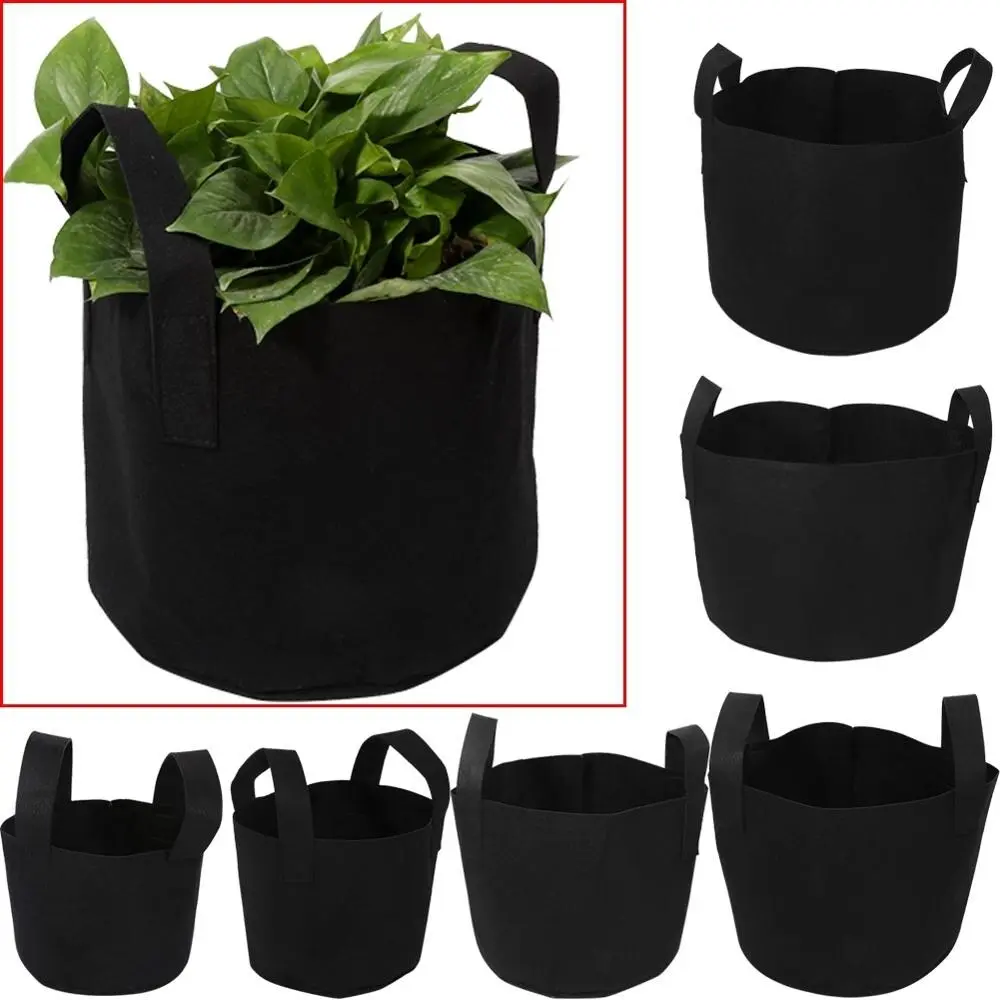In the competitive world of horticulture, efficiency and profitability hinge on every decision, from the choice of seeds to the final packaging. For nurseries, commercial growers, and landscapers, one often-overlooked but critical component is the humble plant bag. These are not mere containers; they are a fundamental part of the growing process, directly impacting plant health, operational costs, and environmental responsibility. Investing in plant bag wholesale is a strategic move that offers significant advantages, from maximizing plant growth to streamlining supply chain logistics.
Why the Right Plant Bag Matters
The traditional method of using plastic pots or growing in the ground has its limitations. Plant bags, particularly those designed for professional use, offer a superior alternative by addressing key challenges in the industry.
Optimized Root Health: High-quality plant bags are often made from non-woven or breathable fabrics. This unique material promotes air pruning, which encourages the development of a dense, fibrous root system instead of the common circling roots found in plastic pots. A healthier root system leads to stronger, more resilient plants.
Superior Drainage and Aeration: Fabric bags prevent waterlogging and allow for better oxygen flow to the roots, both of which are critical for preventing root rot and promoting vigorous growth. This is a game-changer for sensitive species and in climates with high rainfall.
Portability and Space Efficiency: Plant bags are lightweight and flexible, making them easier to handle and transport than bulky plastic pots. Their soft-sided nature allows for more plants to be packed into a smaller space, both in the greenhouse and during shipping, reducing freight costs and maximizing valuable real estate.
The Advantages of Buying Wholesale
Purchasing plant bags wholesale offers commercial growers and nurseries a host of benefits that go far beyond a simple per-unit cost reduction.
Cost Savings: The most obvious benefit. Bulk purchasing allows you to secure a lower price per unit, directly impacting your bottom line and increasing your profit margins on every plant sold.
Consistent Quality: Sourcing from a reliable wholesale supplier ensures a consistent standard of quality across your entire operation. This eliminates the risk of using varied, low-quality containers that could negatively affect plant health and lead to product loss.
Supply Chain Stability: Buying in bulk provides a buffer against supply chain disruptions. Having a ready stock of plant bags on hand ensures your planting and production schedule remains on track, regardless of market volatility.
Customization and Branding: Many wholesale suppliers offer custom sizes, colors, and even branding options. This allows you to create a unique, recognizable look for your products, strengthening your brand identity and making your plants stand out in the marketplace.
Conclusion
The choice of container is a foundational decision for any commercial growing operation. By shifting from individual, piecemeal purchases to a plant bag wholesale strategy, nurseries and growers can unlock a host of benefits that directly contribute to their success. From promoting healthier plants through superior root systems and drainage to achieving significant cost savings and logistical efficiencies, the right plant bag is a powerful tool for driving profitability and sustainability. Make the smart investment and watch your business—and your plants—flourish.
FAQ
Q1: What are plant bags typically made of? A: Most professional-grade plant bags are made from durable, non-woven polypropylene fabric. This material is breathable, UV-resistant, and designed to withstand multiple growing seasons.
Q2: Do plant bags work well for all types of plants? A: Plant bags are versatile and suitable for a wide range of plants, including vegetables, herbs, trees, shrubs, and flowers. They are particularly beneficial for plants that are prone to root circling in hard plastic pots.
Q3: Are plant bags reusable? A: Yes, high-quality plant bags are designed to be durable and are often reusable for several growing cycles. Their material and construction can withstand cleaning and repotting, making them an eco-friendly choice compared to single-use plastic pots.
Q4: How do I choose the right size of plant bag? A: The ideal bag size depends on the type of plant, its mature size, and its root system. A good rule of thumb is to choose a bag that provides enough space for the roots to develop fully without becoming overly saturated.
Post time: Aug-27-2025

